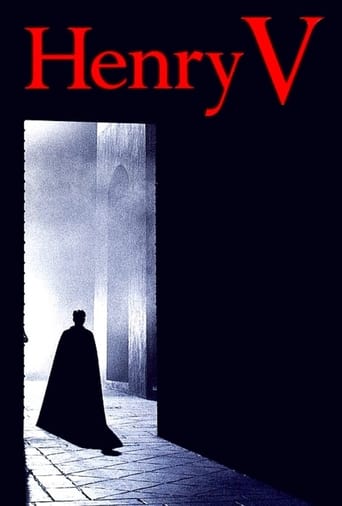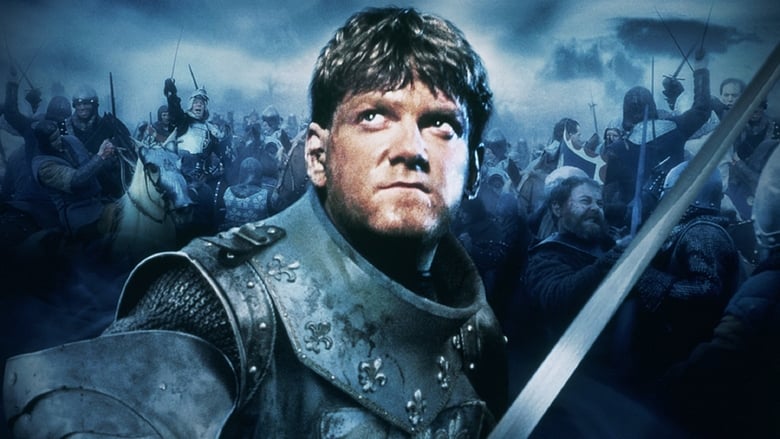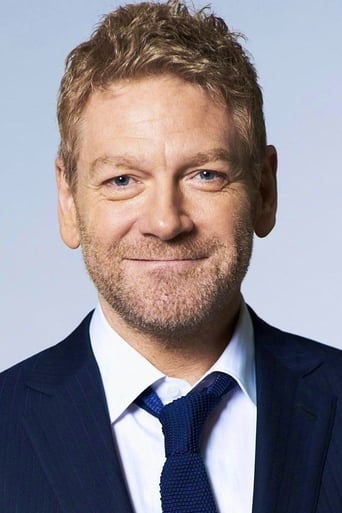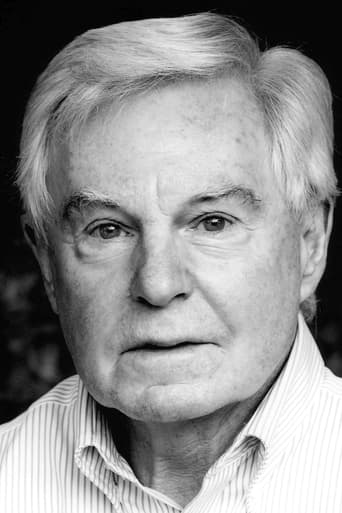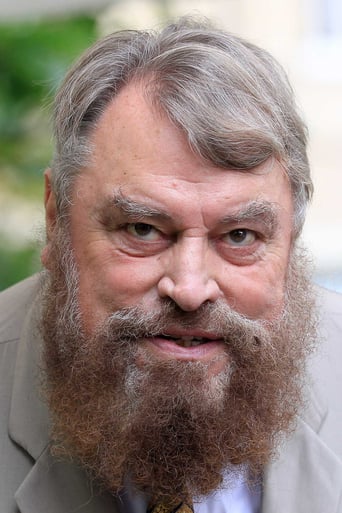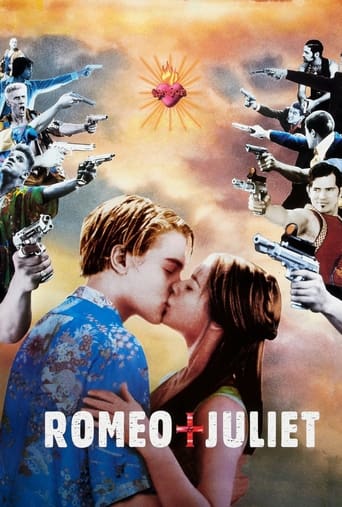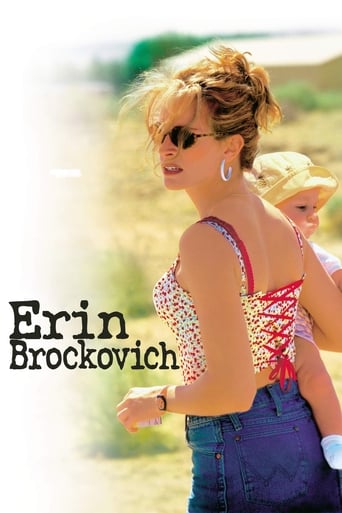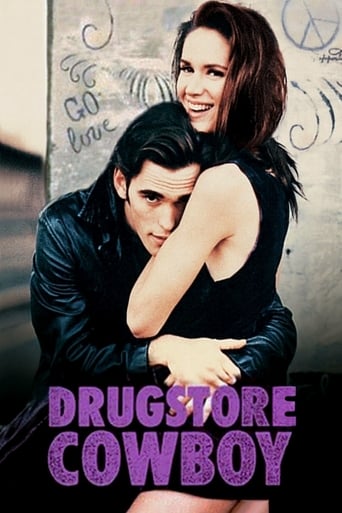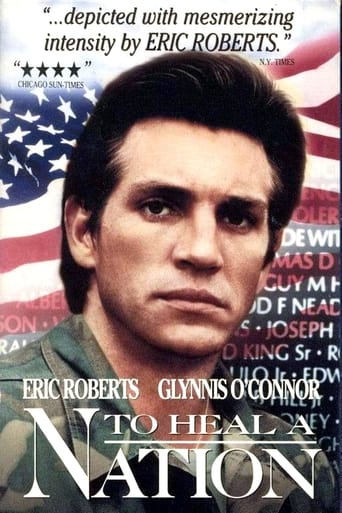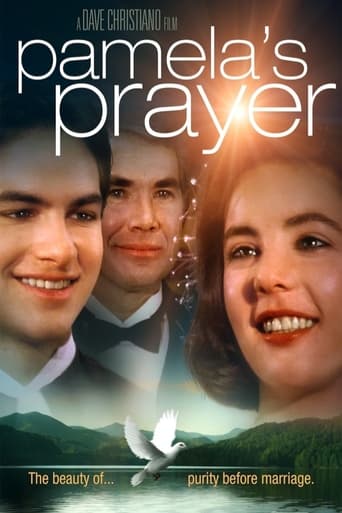Henry V (1989)
Gritty adaption of William Shakespeare's play about the English King's bloody conquest of France.
Watch Trailer
Cast


Similar titles
Reviews
During the 1980s received opinion had it that Laurence Olivier was the greatest actor ever to have trodden the British stage. Received opinion was divided as to whether he was also our greatest-ever screen actor- he had some rather dodgy entries on his filmography, such as "The Prince and the Showgirl", "Khartoum" and the remake of "The Jazz Singer"- but his three Shakespearean adaptations were widely regarded as national treasures, especially his "Henry V" from 1944. So when it became known that a brash young actor-director named Kenneth Branagh was tackling the same play, received opinion was not impressed. "He'll never be another Olivier" was a common reaction. I have never considered "Henry V" to be one of Shakespeare's greatest plays. It lacks the philosophical depth and emotional power of the great tragedies or even of some other history plays, such as "Richard III". It mythologises an English king whose main achievement was to start an unnecessary war with France. As Shakespeare knew well, Agincourt was a great victory in the short term but a futile one in the long term. Henry's early death meant that his great ambition of uniting the French and English crowns was never realised; the United Kingdom of England and France remains one of the great might-have-beens of world history. Moreover, modern audiences might have another problem with this play. By modern standards the English were the aggressors in the Hundred Years War; even by mediaeval standards, Henry's claim to the French throne was by no means as clear-cut as he imagined. The play does, however, contain some of Shakespeare's most magnificent poetry and some of his greatest set-piece speeches, mostly put into the mouth of Henry himself, and makes a very tempting role for Shakespearean actors.Branagh's film is very different to Olivier's. Both edit the play heavily, as do most films based upon Shakespeare. (Branagh's "Hamlet", which runs for around four hours, is a rare example of a Shakespeare film using an uncut text). The differences reflect the historical periods during which they were made. Olivier's, made at the height of World War II, is an overtly patriotic pageant-style propaganda, full of magnificent costumes and scenery. It is noted for its bright colours, unusual at a time when few British films were shot in colour. Branagh's film, by contrast, was made in 1989, at the end of the Cold War (and, coincidentally, the year in which Olivier died). In 1944 war had been widely viewed as something heroic and glorious, a view which by 1989 had been eroded by forty years of life under the shadow of the nuclear bomb. Had Branagh attempted to make a drama in the same vein as Olivier's it would doubtless have been greeted with considerable cynicism from the public. His film is much darker in tone, both literally and metaphorically. The battle of Agincourt was famously fought on St Crispin's day, in late October, and the visual look of the film is appropriately autumnal. Olivier's battle is fought in brilliant sunlight, Branagh's in rain and mud, recalling the popular view of the trenches of Flanders during World War One. (In this respect Branagh is more historically accurate. The bad weather worked to the advantage of the English, enabling their archers to pick off the enemy when the French cavalry became bogged down in heavy mud). Even those scenes set away from the battlefield are less vivid than their equivalents in the earlier film. In editing Shakespeare's play for the screen, Branagh concentrates on those scenes which stress the cruelty and suffering involved in warfare. His Henry is not a villain- he has a quite genuine belief in the justice of his cause- but he is youthful and inexperienced, and possibly naïve. (Branagh was still in his twenties in 1989; Olivier had been nearly forty in 1944). In the opening scene we see two bishops manipulating Henry into declaring war on France for their own self-seeking reasons. For all his inexperience, Henry cannot avoid the harsh realities of war and politics. In one scene he is forced to hang Bardolph, an old companion from his wild youth, for looting a church. The French are badly served by their leaders; the Dauphin is a conceited popinjay who refuses to take Henry seriously, mocking him by suggesting he play tennis rather than wage war, and the Constable of France is dangerously over-confident. The film ends with Patrick Doyle's setting of the Latin hymn "Non nobis, Domine", perhaps an acknowledgement of the fact that the English victory seemingly owed more to Divine intervention than it did to their own merits. Branagh's interpretation of the leading role is very different from Olivier's much more self-confident, assured monarch, but proves himself to be at least the equal of his illustrious predecessor in delivering Shakespearean blank verse. Other noteworthy performances come from Derek Jacobi as the Chorus, Branagh's then wife Emma Thompson as Princess Katherine, the larger-than-life Brian Blessed as the Duke of Exeter, Ian Holm as Fluellen, Paul Scofield as King Charles VI of France (not played as mad in this production, although he undoubtedly was in reality), Robbie Coltrane Falstaff (shown here in flashback, although he does not actually appear in the play) and the normally genial Richard Briers, here cast against type, as the rascally Bardolph. Received opinion was proved wrong. The film was greeted by many critics as a masterpiece, a judgement with which I would not disagree. Indeed, I would go so far as to say that the brash young pretender succeeded in stealing Olivier's crown. Branagh was later to direct and star in what I regard as the greatest ever screen version of a Shakespeare comedy ("Much Ado About Nothing") and the greatest ever screen version of a Shakespeare tragedy ("Hamlet"), but his "Henry V", the greatest ever screen version of a Shakespeare history, represented the first leg of a remarkable hat-trick. 9/10
film is well told , Kenneth Branagh directs and acts in the film, and he's excellent at both , he drives with competence, more emphasis is his role , he acts passionate way, the speech is chilling , and the phrases he speaks very good , Kenneth Branagh surprised me , ta great , the cast is great in this movie we have the young Christian Bale , photography is very good, and the costumes are great , the dialogues are good , and the makeup is good , the film has only a battle scene that is very good, the pace of the film is a problem , even if not so long, the dialogues are quite long , there can be tiring , and the soundtrack is a strong point of the film is very good, with a flawless performance of Kenneth Branagh , Henry V is a great movie with a great battle scene , a chilling speech and a good soundtrack. Note 9.8
Henry V is a film based on William Shakespeare's play The Life of Henry the Fifth about the famous English king.Kenneth Branagh stars in the title role,wrote the screenplay and directed the movie.It also features Paul Scofield,Ian Holm,Emma Thompson,Alec McCowen,Judi Dench and Christian Bale. It is frequently compared with the 1944 film of the play directed by and starring Laurence Olivier. The visual style of former is grittier and more realistic than that of the latter.The movie has a narrator with the name Chrous.After the he introduces the play, young king of England Henry V begins an angry dialogue with King Charles of France. The king's son, Dauphin,insults Henry and the argument escalates into war. In flashback, Henry is seen as a young man drinking in a tavern with Falstaff, Bardolph,Nym,Pistol, and Mistress Quickly. Meanwhile, Henry and his captain, Fluellen, assemble an army and invade France. The French greatly outnumber the British troops, yet Henry leads them to victory in the Battle of Agincourt after delivering his famous St. Crispin's Day Speech. Throughout this struggle, Henry also courts Katherine and eventually wins her over.Henry V is definitely an absorbing and entertaining film for it was updated for modern viewers.It was also an energetic,passionate,and wonderfully acted as well.Apart from that,it was a triumphant adaptation of Shakespeare's play and it brought about the playwright's timeless talent and appeal.Overall,it is a wonderful film not only for the fans of Shakespeare but anyone who loves great film.
Derek Jacobi's wonderfully proud, winking Chorus and Patrick Doyle's interesting (but barely) score are the sole redeeming features of this early Kenneth Branagh misfire. A gritty (in a BBC sense of the word) take on Shakespeare's mostly tedious historical play, "Henry V" gives far too much power to one man in the worst way that Branagh repeated so often to such bewildering acclaim. He not only directs and, rather pretentiously, "adapts for the screen" the words of the Bard, but also plays the title character. And sadly, he is by far no Olivier. The man has talent, to be sure, but it either wasn't here yet or it had fled temporarily when he took up this triple task. The only "flat, unraised spirit" here is Branagh himself, who essays a monotonous monarch with all the emotional depth of Keanu Reeves after an all-nighter. He even fumbles his one good instinct as a filmmaker: flashing back to "Henry IV" is an excellent way to provide backstory for people who aren't too familiar with the soap opera nature of some of Shakespeare's histories (which is primarily important here for the character of Falstaff), but the technique doesn't mesh with the rest of the picture. And why keep the Chorus? He's a purely theatrical device. He's there to tell us we have to imagine that we're in France or Southampton-- a necessity of the theater, in which all you can see is a stage and what's on it, but somewhat disconcerting in a film because the entire point of a film is to show us someplace we normally wouldn't see. Did he keep the Chorus to make his job, as a director, of sustaining our illusion that much easier? Whatever the motives (and no disrespect to the vibrant Jacobi), it was not the right decision. It's a boring, slow-to-evolve adaptation of a terrible, impossible-to-read play. (I am a fan of ol' Will, but his history plays are some of the most tedious dramas ever to plague the page.) If you're a fan of the kind of epic battle scenes of films as diverse as "Platoon" and "Gladiator," you'll definitely enjoy that aspect of the movie. Action-wise, it has its moments. But after a while, you just want Branagh to stick to doing one thing. Unfortunately, he's too self-indulgent to get that idea into his head.

